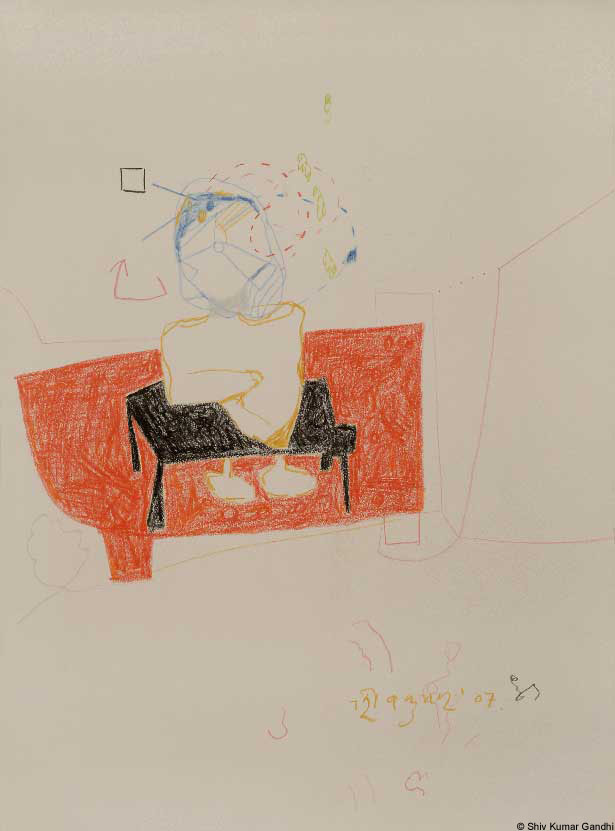A Brief History of Electricity: Christian Ward

The Flood
The streets flood
with our childhood dreams.
Puddles blend into
astronauts, paving slabs, firemen.
Artists wash the pavements
in a sea of colour.
Our adult selves, thin as spindles,
watch from behind netted curtains,
holding each other as the houses
slowly move towards an ocean
of someone else’s making, bodies
quivering like fish desperate for water.
The Sea
Walking down the street,
I empty my pockets
of the sea I was looking
after for you. Mussels
come tumbling first,
cracking open their castanet
shells on the pavement.
Acres of seaweed and oysters.
Taking a deep breath,
I pour saltwater into the middle
of the road. Islands of people
and cars bob in the newly created sea.
Somewhere amongst this
is an old trawler. You are inside,
sending signals back to a lighthouse
forgotten in a trouser pocket.
A Brief History of Electricity
For John
Aged eight you discovered
the pleasure of electricity,
placing your tongue between
battery terminals that fizzed
like sherbet. Not long after,
you were struck by lightning
whilst in the passenger seat
of a pickup. You described
it like a religious experience –
‘being overwhelmed by some
primeval force that rattled
every bone in your body’ –
rooting out sources of voltage
to get the same kind of fix:
power sockets, car batteries,
borrowing the school’s Van
de Graff generator for kicks.
Decades later, when you drank,
you dreamt of those times; often
waking to find your hair singed
and the room smelling of ozone.
The Atoll
The boat approaches the atoll,
a line of broken finger bones
aged and veined like a crone.
There are things
we are supposed to measure:
the density of ancient turtles,
and null manta rays, serene
as ocean liners on a painted sea.
We are cartographers measuring
in numbers meaningless
to anybody but me and god.
And then, when we finally
arrive, the atoll decides to sleep,
an emperor slumbering third eye
blind.
All gods need sacrifices
to be appeased.
lovely. especially your third poem.